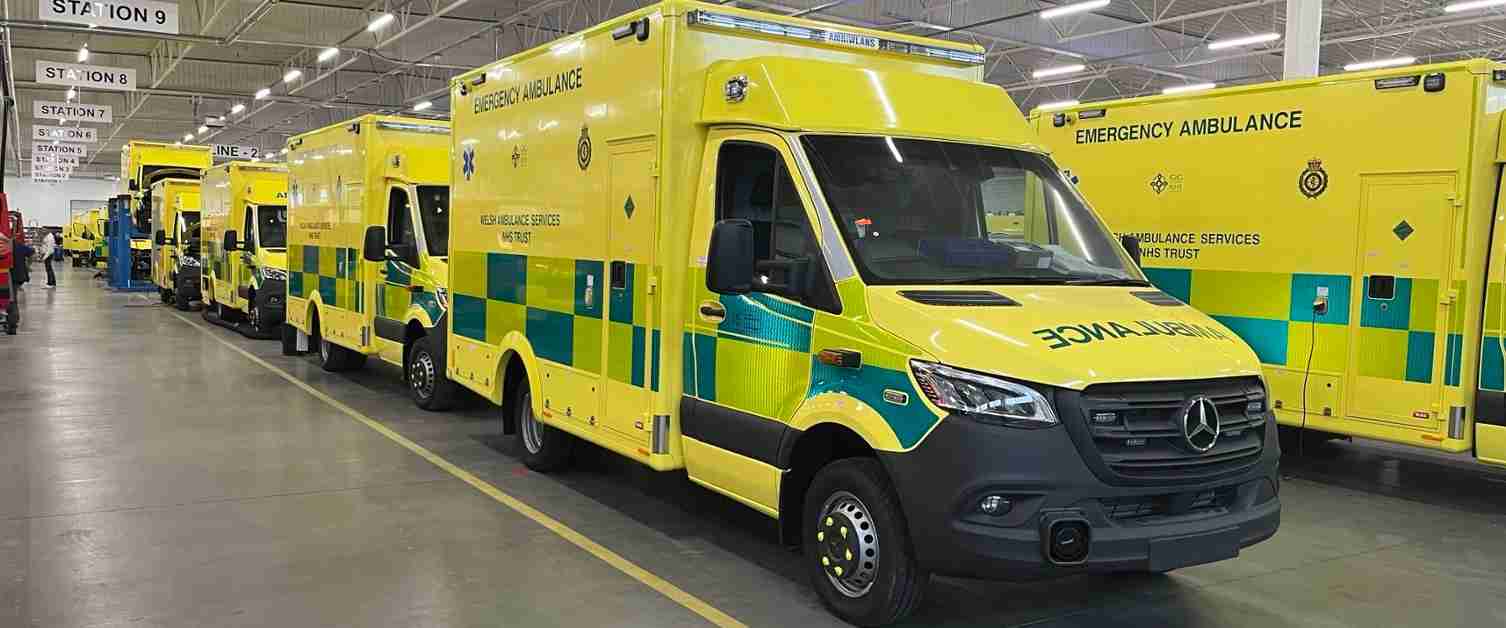Changes to Ambulance Response Protocols For 999 Emergency Calls Aim to Save More Lives and Improve Patient Outcomes

The NWJCC's Ambulance Services and 111 Commissioning Team has been working with Welsh Government and Welsh Ambulance Services University NHS Trust (WAST) colleagues on the development of a new category to help save more lives and improve patient outcomes.
A new 'purple category' will be introduced for life-or-death cardiac and respiratory arrests, following recommendations from the Senedd’s Health and Social Care Committee.
WAST will now focus on patient outcomes rather than response times, piloting the new system for a year starting July 2025, with permanent implementation expected from August 2026, subject to successful evaluation.
The current eight-minute response target, established in 1974, is considered outdated and ineffective: currently the service can arrive within an eight-minute target and a patient dies but the target is achieved, yet the service could take longer to arrive, and a patient survives is considered the target missed.
Two new categories will be introduced: purple for cardiac and respiratory arrests, and red for major trauma and other incidents requiring rapid response to prevent cardiac or respiratory arrest. Ambulances are expected to respond within six to eight minutes.
The new approach aims to improve survival rates for out-of-hospital cardiac arrests in Wales, which is currently less than 5%.
For purple category calls, the primary measure will be the percentage of patients who have their heartbeat restored and maintained until arrival at the hospital.
Health Secretary Jeremy Miles stated that these changes will ensure ambulance clinicians reach those with the greatest need first.
Ross Whitehead, Director of Commissioning for Ambulances Services and 111 at the NWJCC said: "We welcome the shift to primarily focusing on survival rates rather than response times.
"The new response measures will focus on patient outcomes, particularly for those in immediately life-threatening situations and this is a key development as this approach has already improved survival rates in Ireland, Scotland, and Australia for example.
"For purple category calls, the primary measure will be the percentage of patients who have their heartbeat restored and maintained until arrival at the hospital, with the expectation that this will increase over time.
"Timely actions that improve outcomes, such as the average time for bystander CPR and defibrillation following an out-of-hospital cardiac arrest, will also be recorded, a vital part of the chain-of survival.
“Everyone in Wales can support the ambition to save more lives by learning CPR.
"This is why Save a Life Cymru will transfer to WAST and be commissioned by the NWJCC, improving awareness of early CPR and defibrillation is the key to making Wales a nation of lifesavers.
"WAST is also using new clinical navigators at their contact centres to screen 999 calls and improve response times, alongside national work to improve national ambulance patient handover to increase ambulance availability.
"As commissioners, we're looking forward to seeing the benefits this pilot can bring as part of the broader system work we're exploring for patients across Wales."